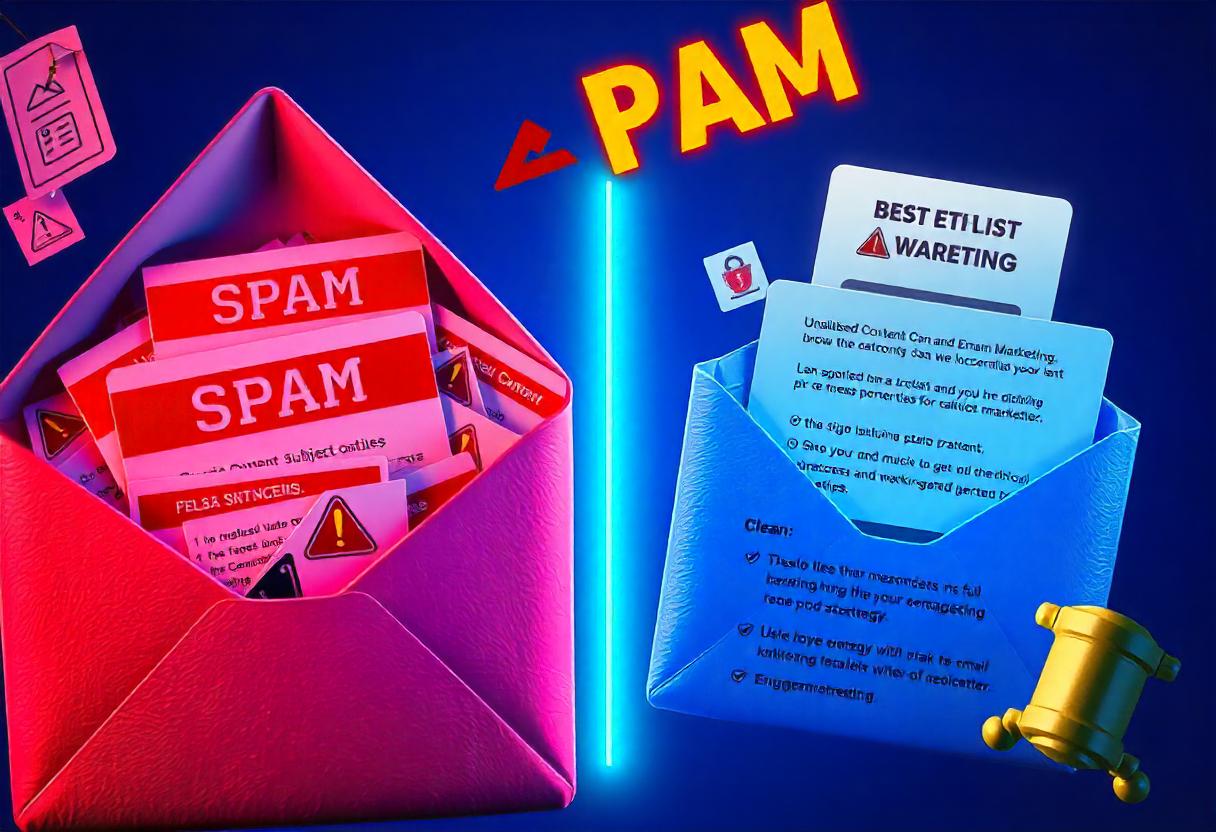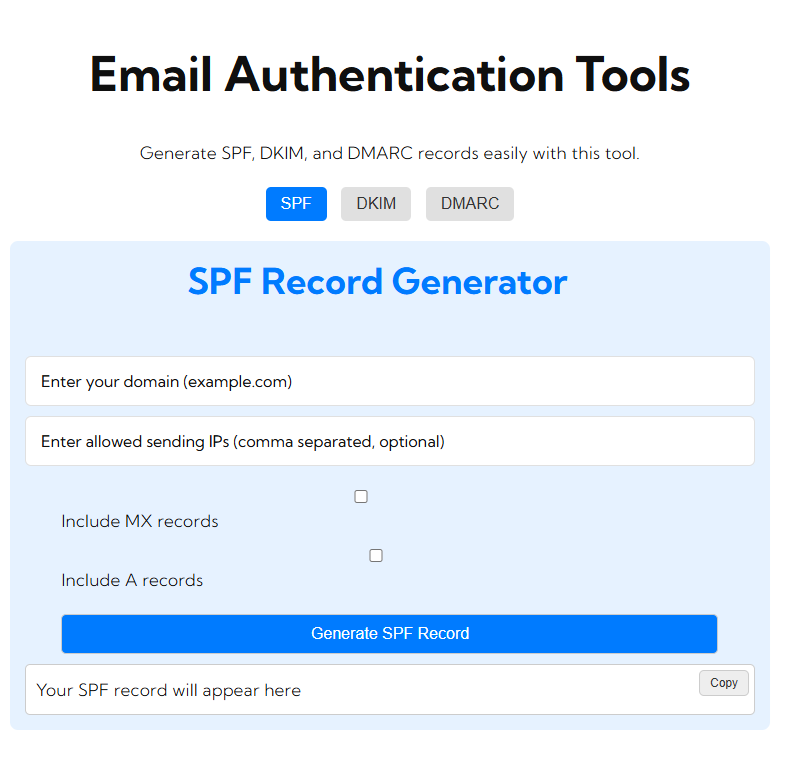It has now become a powerful tool in reaching potential customers for any business in the digital age, but with great power comes great responsibility. In other words, the question of whether you can send spam emails to a bulk list requires careful consideration. In this blog, we shall consider what constitutes spam, legal implications of sending bulk emails, and best practices on how to effectively market without crossing over the ethical lines.
What is Spam Email?
Spam email is a message that is sent to thousands of recipients without permission and typically for the purpose of advertisement. Such messages are often irrelevant to the recipient, containing promotions, phishing, or other malicious content. Spam emails are frowned upon and are illegal in most jurisdictions.
Characteristics of Spam Emails
- Unsolicited Content: The recipients did not permit them to receive the email.
- Irrelevant Offers: Email sent without having anything relevant to the interests of the receiver.
- Vagary Greetings: Messages devoid of personal touch with recipients greeted as “Dear Customer.”
- False Subject Lines: Mail headings misleading for getting recipients to open their e-mail messages.
- Problems with an Opt-Out Link: If not able to easily take name off a mailing list.
Legal and Regulatory Framework of Email Marketing
Before sending bulk e-mails, it is significant to know the legal and regulatory framework of e-mail marketing. In most nations, there are laws for businesses to communicate with customers via e-mail. The well-known regulation is the CAN-SPAM Act of the United States, an act that sets rules regarding commercial e-mails.
What are the Key Points in the CAN-SPAM Act?
- Consent: The recipient must give permission to receive e-mail. Sending unsolicited emails will attract heavy fines.
- The Mechanism of Opt-Out for Marketing Emails: Marketing messages must have a clear, conspicuous, and current provision for opting out from getting future emails.
- Honest Headlines: The subject matter of the message has to be reflected by the email’s subject headline.
- Originator Identification: In other words, there needs to be a valid electronic as well as physical mailing address displayed in the message for all the emails.
Violating all these rules might give one serious legal troubles with resultant financial penalties and your credibility being damaged.
Legal Liability Due to Spamming End
The risks associated with spam emails include:
- Legal Penalties: As indicated above, violating the email marketing laws will result in handing down hefty fines and a lawsuit against your business.
- Reputation Damage: Unsolicited emails can damage the reputation of your brand, which can send customers running, and thus lose trust and loyalty.
- High Unsubscribe Rates: Spam often leads to high unsubscribe rates, which have an impact on your email marketing metrics.
- Spam Filters: Email service providers use advanced spam filters that can prevent your messages from landing in the inbox, thus reducing your chances of reaching actual customers.
- Poor Marketing: Sending unsolicited emails is usually a poor marketing strategy since recipients are less likely to engage with content they did not request.
Best Practices for Ethical Email Marketing
Instead of spamming, here are some best practices for effective and ethical email marketing:
1. Quality Email List Building
- Have an opt-in form on your website that allows users to sign up for your email list.
- Use incentives like discounts, free resources, or exclusive content to give prospects a reason to sign up.
2. Personalizing Your Messages
- Use the recipient’s name in the email. Once again, personalizing emails makes them more likely to be read and creates the right emotional connection.
- Segment Your Audience: Tailor your content to specific segments of your audience according to their interests and activities.
3. Quality Content
- Relevant Offers: Ensure that your message is interesting to openers and has some learning or a special deal or news related to them.
- Engagement: Engage the recipient with a poll, survey, or a call-to-action asking for feedback.
4. Honour Opt-Outs
- Easy Unsubscribe: Always allow the recipient an easy way to unsubscribe, and act on their requests immediately.
- Monitor Engagement: You will always maintain your engagement rates by regularly cleaning up your email list by removing inactive subscribers.
5. Regulation Compliance
- Stay Updated: Know the regulations about email marketing in your country and comply with them.
- Transparency: Always include a clear statement of who you are, why you are contacting them, and how they can opt-out on every email.
Conclusion
Sending spam emails to a bulk list is not only unethical but also prohibited in many countries. Instead of spam, businesses should resort to quality lists, supplying good content, and relevant engagement with the audience. By following the best practices and legal rules, you can create an effective email marketing campaign that helps you develop trust and engage with your audience in a better way for greater business outcomes.
FAQs
- What should I do when I receive spam emails?
Do not reply to spam emails. Instead, mark it as spam in your email provider, and you may want to block the sender. - How can I create a valid email list?
You can create a valid email list by using opt-in forms on your website, offering incentives in exchange, and making sure that recipients have the ability to choose in to receive your emails.
The consequences of spamming include penalties in the law court, damage to the reputation of your brand, and lower delivery rates as blacklisted by email providers. Such an understanding can ensure ethics in the approach to email marketing to safeguard the business and gain a positive connection with the audience.






